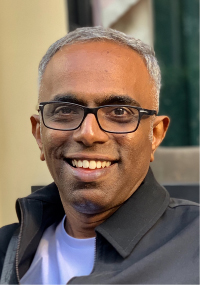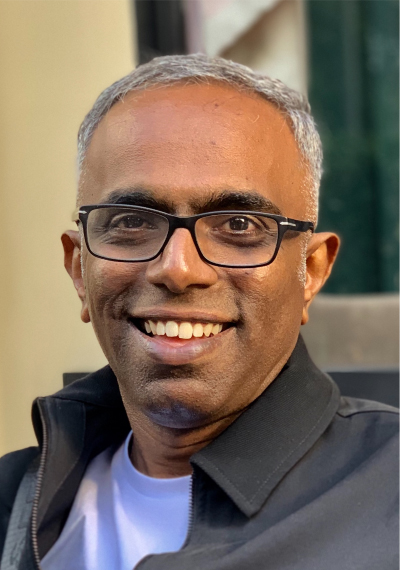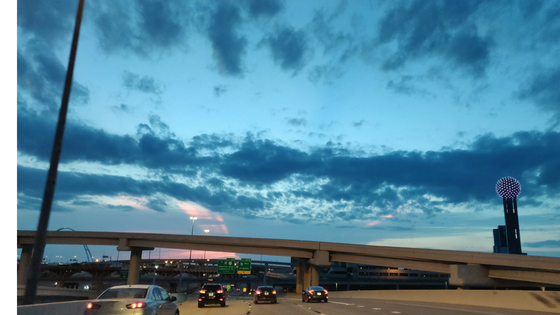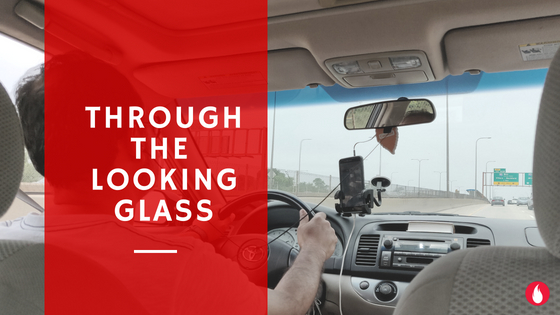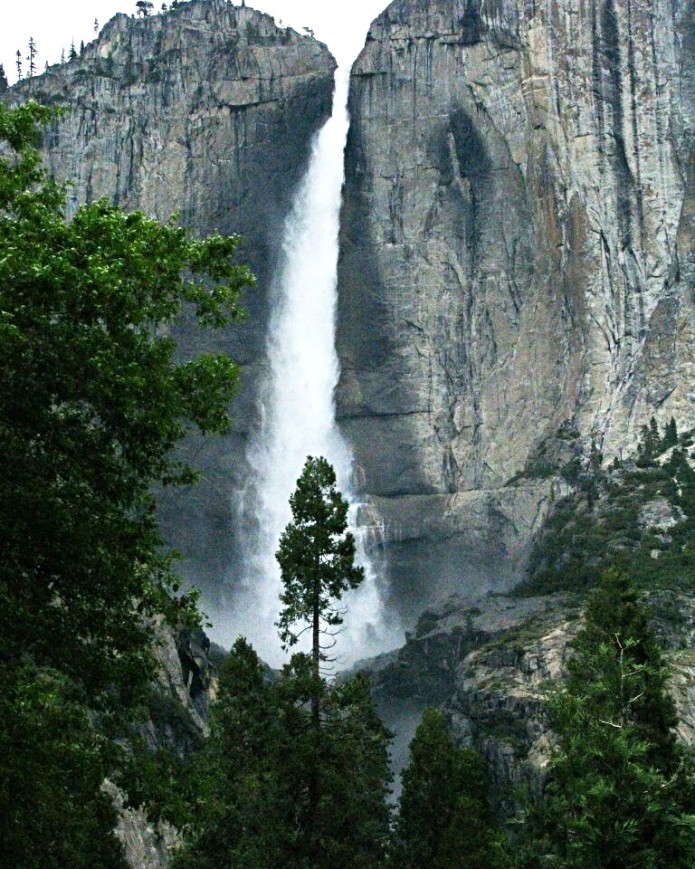There are several riches the internet has offered me. One such is the opportunity for coffee and conversations with a multi hued spectrum of people that makes the mind soak colour from a rich palette. The limitless pleasure of conversations with a ton of interesting people is quite something. A fascinating array of stories have been exchanged. Stories that bring alive our coruscating lives of arresting colours, often glazed over by the sad tint of the daily humdrum of existence. Needless to say, much coffee has been drunk, with this as an excuse. But that’s a story for another time.
For now, here is a story about stories.

Last week, work took me to Bangalore. Meeting Jaya (@nohrgyan on twitter) was forever on the cards and circumstances lent themselves rather well. Soon a filter kaapi flowed down the alimentary canal as the stories that we told each other filled the air and hogged her tastefully done up home. In the flicker of a few lamps with many wicks, characters, instances, incidents all seemed to flutter to come alive with a spontaneous flutter.
Her story. Her mom’s story. My story. Our dilemmas. Our hopes for the future. Our origins. Speaking of origins, I spoke, like I usually do, of Madurai. ‘Madurai’ adorned prima donna status, in the conversation for a bit. In some time, a gentleman that Jaya and her mother knew, drifted into the chat. The man they knew was from Madurai.
This gentleman, called Krishnan, had beaten the odds before the odds got even with him. Many accounts of the awesome man he was, flowed, while I listed in awe. Like his dogged determination to learn. Of how he would assemble kids to spread the word about the environment. His doing his PhD and his quest to learn in rather trying circumstances, to put it mildly. His cycling to work and his innate grasp of what it was to learn and to be of value to any and everyone around.
One particular story of how he guided Jaya’s mom to watch birds fly in formation at 5.45 AM from a particular angle at the terrace was narrated with such energy, that what was left was hearing birds flap their wings, in the warmth of the home. He seemed to have created so much difference not only to his body of work, but to an entire community.
“And then, one fine day, he went home to Madurai, had food, watched a movie and went to bed”. In a matter of fact undertone she said, “He didnt get up the next day morning”. A gasp broke free. He was all of 35. The memorial service had people from around the world pour in their messages. Jaya said she too went to the memorial and spoke about his helping her mom to spot birds fly in a formation. As I got more and more curious about the man, she fiddled with her phone and pulled out this page. A tribute of sorts.
My heart beat faster and beads of sweat congregated from nowhere. I went still, when I read on. For the Kannan she was talking about, I knew as Ramesh. I knew him pretty well. He was in the class I used to teach more than a decade ago. Memories of him came flooding back. A tall handsome bloke, with sincerity as a middle name and a bright outlook to life and living. Twelve years ago, I taught a class of awesome students pursuing a Master of Science in NGO Management, from Madurai Kamaraj University. I went blank for a bit.
He and the conversation stayed with me long after we said our goodbyes and moved on. Many cobwebs in the mind got cleared as I had a dull dinner at the airport. As the plane took off that night, the pilot announced a thunderstorm had hit Bangalore. He could have well spoken of what was happening within me.
The next day, Jaya called me. She said she had bumped into Ramesh’s wife and told her about me and my visit. ( She was a student in the same class as well). Apparently Ramesh’s wife had some very kind words for me and my work and went on to say Ramesh had great regard for me, citing incidents. And as Jaya narrated the incidents she had heard over the phone, I noticed them emerge from piles of other memories that were stacked on top.
As we were hanging up, Jaya said, “I wanted to tell you this, for otherwise there is no way you would have known”. I couldn’t agree more. Since that rainy evening of Bangalore, my mind constantly darts to wonder how small yet how large, how simple yet how complex, how similar yet diverse, how cruel yet joyous, our world is!
The thrill of the success that Ramesh, a small town young man, had achieved, hasn’t died down. Not in a merely materialistic way, but in a much larger wholesome way, making a difference to an entire community of people around the world. Even as it stands tall, the fragility of life makes its silent presence felt.
I will never ever forget Ramesh now. Or how we met and later took different paths, only to emerge at an intersection caused by an interaction! The tapestry of our lives is often a fast moving assortment of people and moments. Every interface is a dot that we leave somewhere. Sometimes, the dots come back to connect and spark a fire of wonder. That fire is often lit by two flint stones called ‘Stories’ and ‘Conversations’. The insanity that surrounds our routines, can nibble our souls. The wounds that are laid bare by the nibbling, are often soothed by gestures like Jaya’s and in the power of sharing and listening to each others stories.
So people, heres something you could consider doing. Sit down and talk to people. After they have shared their story, go ahead and share yours. Talk to someone. You never know which dot will connect or what it will lead you to.
PS : You may want to give this a read sometime. I wrote it in a seamless flow a while back and realised that it tethered emotions together, more than thoughts.
